Product Detail
Product NameTACC3 Rabbit mAb
Clone No.SY10-06
Host SpeciesRecombinant Rabbit
Clonality Monoclonal
PurificationProA affinity purified
ApplicationsWB, ICC/IF, IHC
Species ReactivityHu, Ms, Rt
Immunogen Descrecombinant protein
ConjugateUnconjugated
Other NamesERIC 1 antibody ERIC-1 antibody ERIC1 antibody MGC117382 antibody MGC133242 antibody OTTHUMP00000113796 antibody TACC3 antibody TACC3_HUMAN antibody Transforming acidic coiled coil containing protein 3 antibody Transforming acidic coiled-coil-containing protein 3 antibody
Accession NoSwiss-Prot#:Q9Y6A5
Uniprot
Q9Y6A5
Gene ID
10460;
Calculated MW140 kDa
Formulation1*TBS (pH7.4), 1%BSA, 40%Glycerol. Preservative: 0.05% Sodium Azide.
StorageStore at -20˚C
Application Details
WB: 1:1,000-5,000
IHC: 1:50-1:200
ICC: 1:50-1:200
Western blot analysis of TACC3 on different lysates using anti-TACC3 antibody at 1/1,000 dilution. Positive control: Lane 1: HT29 Lane 2: Hela
Immunohistochemical analysis of paraffin-embedded human tonsil tissue using anti-TACC3 antibody. Counter stained with hematoxylin.
Immunohistochemical analysis of paraffin-embedded mouse testis tissue using anti-TACC3 antibody. Counter stained with hematoxylin.
Immunohistochemical analysis of paraffin-embedded human spleen tissue using anti-TACC3 antibody. Counter stained with hematoxylin.
ICC staining TACC3 in Hela cells (green). The nuclear counter stain is DAPI (blue). Cells were fixed in paraformaldehyde, permeabilised with 0.25% Triton X100/PBS.
ICC staining TACC3 in HepG2 cells (green). The nuclear counter stain is DAPI (blue). Cells were fixed in paraformaldehyde, permeabilised with 0.25% Triton X100/PBS.
TACC1 (transforming acidic coiled coil gene 1) is one of three TACC family members, which are thought to be involved in breast tumorigenesis. TACC1 is located on 8p11 chromosomal region that is amplified in approximately 15% of all breast tumor samples. The short arm of chromosome 8 also contains FGFR1 whose expression is enhanced in most breast cancer tumors. TACC family members, TACC1, TACC2, and TACC3, map very closely to the corresponding FGFR1, FGFR2, FGFR3 genes on chromosomes 8, 10, and 4. Subsequently, since they are phylogenetically related, it is proposed that TACC and FGFR have similar roles in cell growth and differentiation. Also, TACC1 contains a conserved C-terminal region as in the Drosophila homolog, D-TACC. It has been shown that D-TACC is necessary for normal spindle function, and the mammalian TACC proteins appears to interact with centrosomes and microtubules in a similar manner.
If you have published an article using product 48721, please notify us so that we can cite your literature.


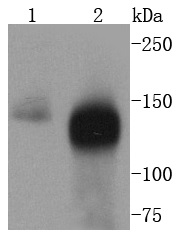
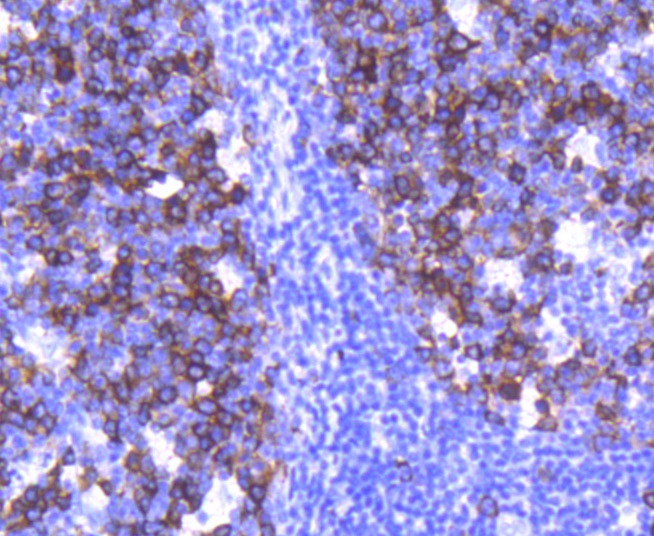
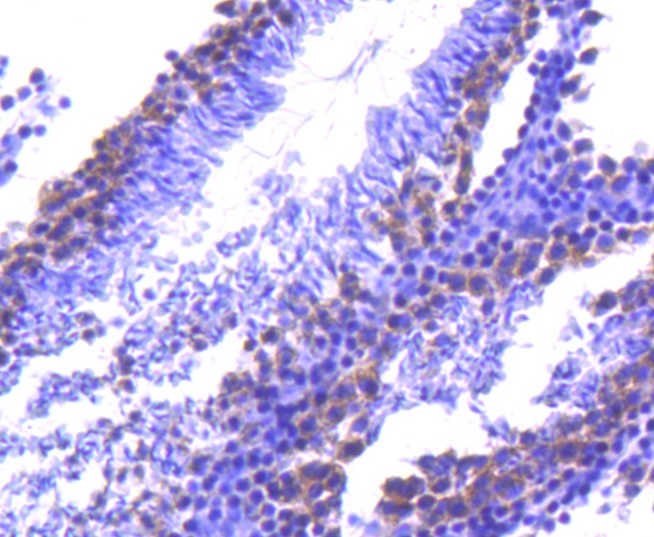
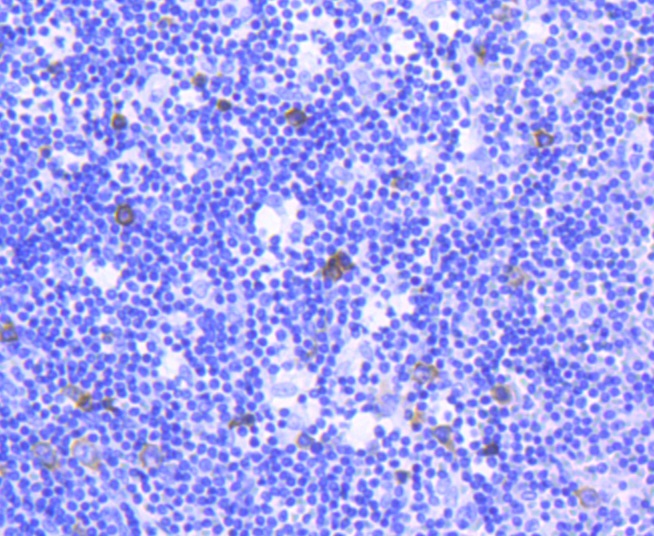
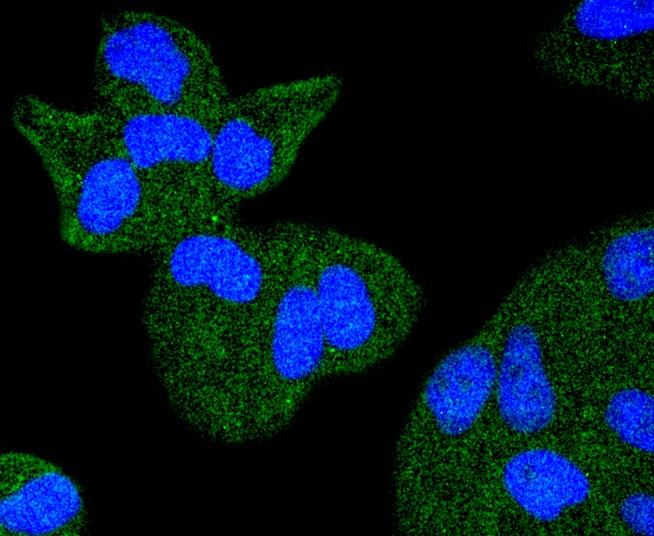
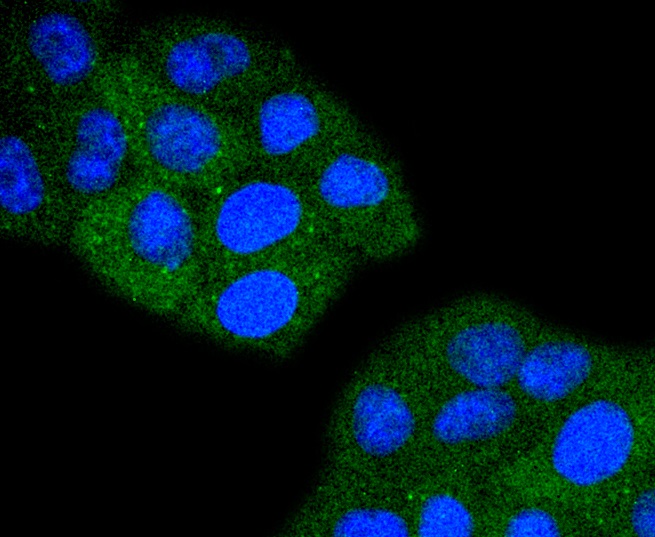
 Yes
Yes



